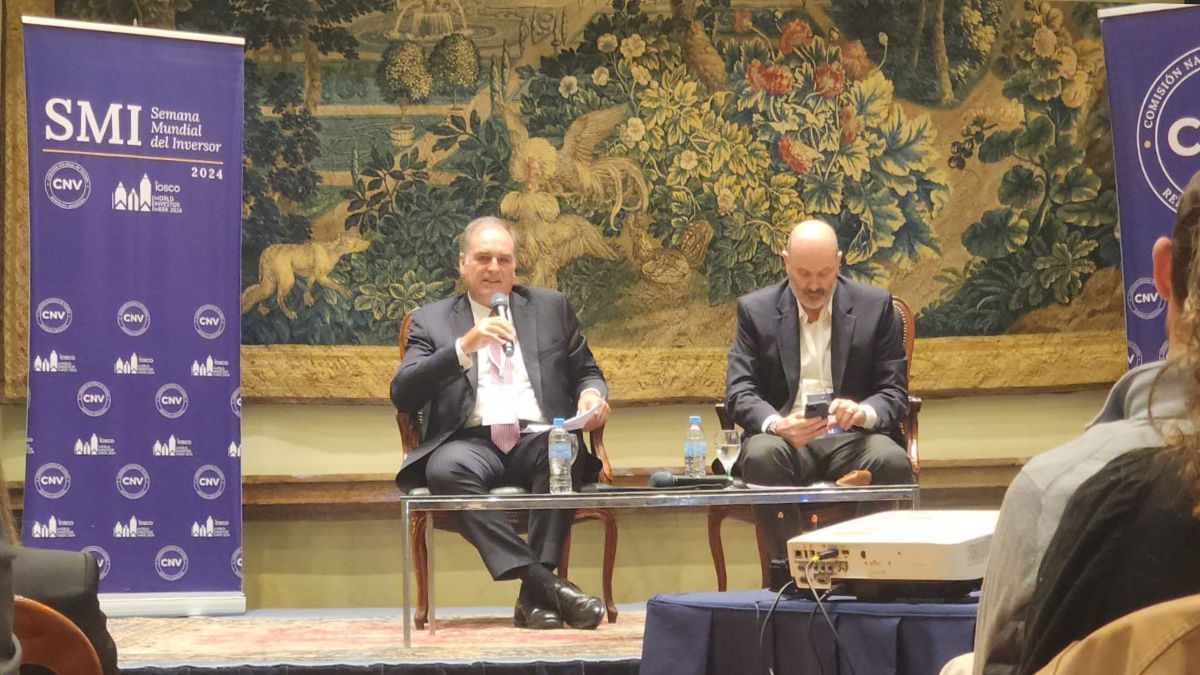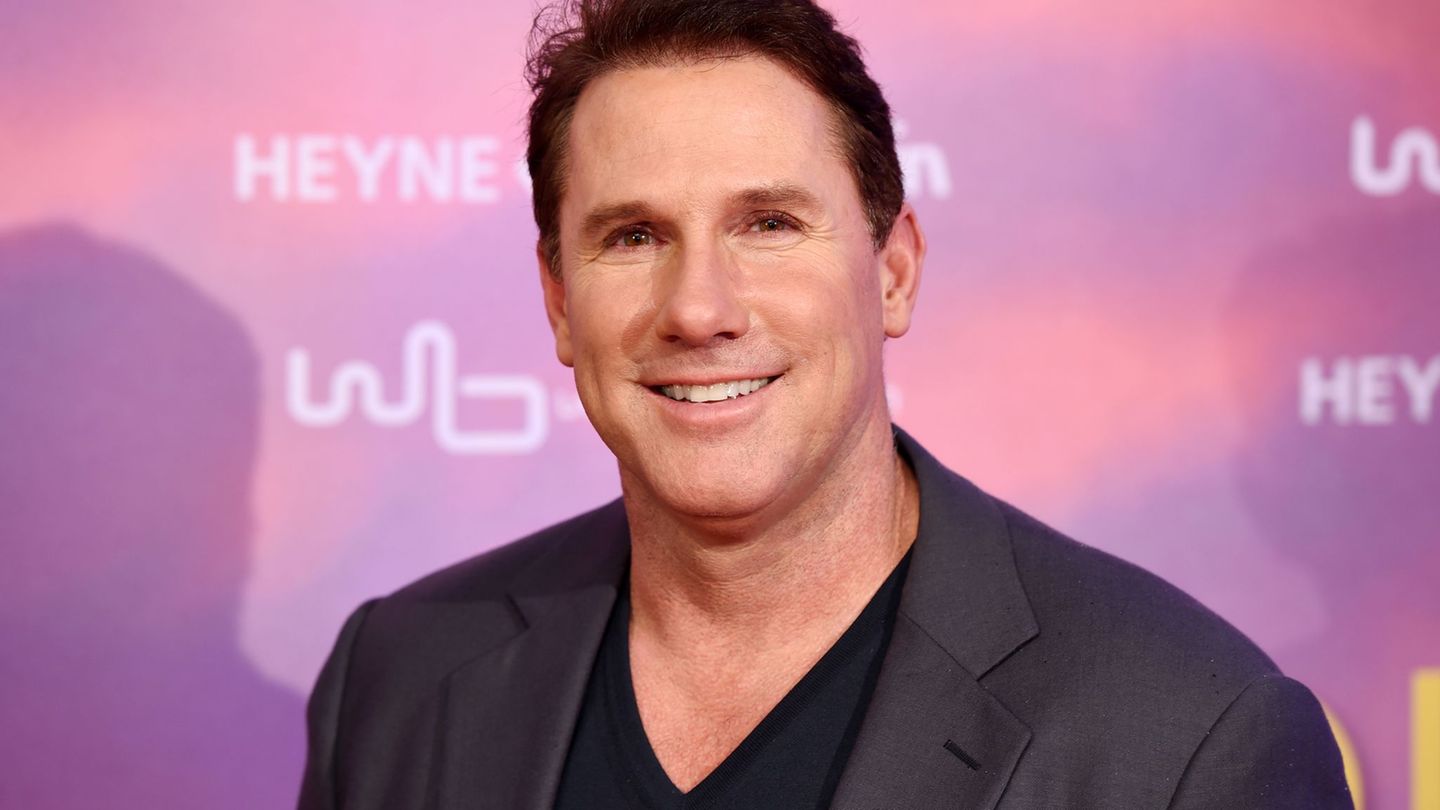The Minister of Deregulation and Transformation of the State, Federico Sturzeneggerwas present at the opening of the World Investor Week (SMI) in the Stock Exchange and headed the panel “Deregulation and Capital Markets”from where he expressed that “Regulation minimizes the risk, but it must be weighed against the costs generated by the regulation.”
The official, who spoke with Robert Silvapresident of the CNV, also said that “There is no need to be afraid of excess deregulation because it can be corrected later”.
He also said that Argentina is a society that protects civil liberties but, in the approach to economic freedoms, we are “very restrictive”.
Deregulate: why do it and when if it is necessary to regulate
The minister then mentioned that although there are good reasons to regulate, we must think that this “does not destroy the market because we must always take into account the costs and benefits of regulation“. For example, he cited, You cannot prohibit crossing the street because there is a risk of being hit by a car.
In this regard, he exemplified, taking into account “the good reasons”a paper by the winner of the Nobel Prize in Economics, George Akerloffrom 1970 on the second-hand car market. About this, Sturzenegger said that the “Information symmetry can make a market disappear.”
But then, on the other hand, he mentioned that there are even more the bad reasons to regulate; among which are interests, ideology and finally, what he called “the theory of the impossibility of the public company” where the regulator is not independent of the regulated.
As for the “bad motives” He gave two examples. The first about Argentine Airlines and the monopoly of the hangars, which is why, according to the minister, The El Palomar airport had to be builtwhich today is not necessary because, as he said, That problem is over; and the other was the regulations that exist for exporting fruitsin the particular example you gave, about watermelon and the regulations imposed by the military government of the 70s.
Regarding the regulators, he said that they exercise a kind of monopoly and that is why it is important “deregulate the regulator.” On this point, he said that he freed the food market from all control “warrant”. To explain it synthetically, “warrant” It is generated when a producer delivers a physical asset and in exchange obtains a financial title.
It was a system widely used at the beginning of the last century. Sturzenegger said that today warrants are allowed legally and illegallyand that it was like a kind of test to see how “controlling the regulator” worked.
How do you see the capital market?
“My dream in the capital market would be that SMEs can issue shares. And today it is not possible because there is a lot of regulation. The Argentine countryside does not issue shares either and I would love a country that Every Argentine can buy a little piece of countryside. We must generate serious capitalism,” he concluded.
Source: Ambito
David William is a talented author who has made a name for himself in the world of writing. He is a professional author who writes on a wide range of topics, from general interest to opinion news. David is currently working as a writer at 24 hours worlds where he brings his unique perspective and in-depth research to his articles, making them both informative and engaging.




